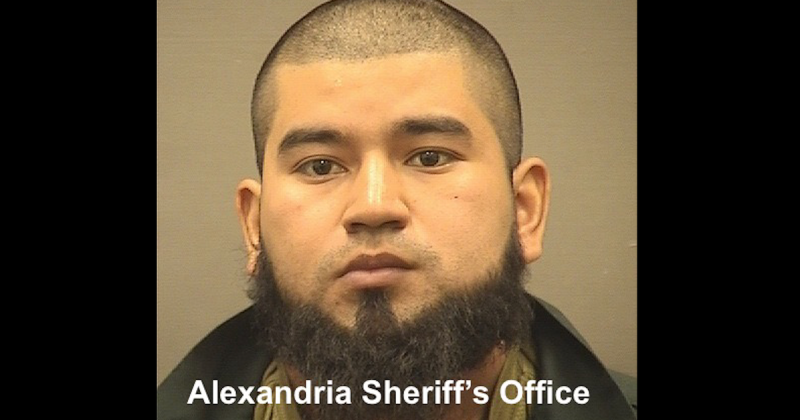
The Justice Department’s recent decision to drop charges against Henrry Villatoro Santos, a man previously identified as the “East Coast leader” of the MS-13 gang, has raised eyebrows and sparked debate. Weeks after Attorney General Pam Bondi announced his arrest with significant fanfare, the government filed to dismiss the case without prejudice. This unexpected turn of events leaves many questioning the initial claims and the rationale behind the sudden change in strategy.
Bondi, during a nationally televised press conference, painted a stark picture of Villatoro Santos’ alleged role in violent crimes, directly linking him to the leadership of MS-13’s East Coast operations. Her statements were echoed by Virginia Governor Glenn Younkin, who also referred to Villatoro Santos as a top operative within the gang. However, the initial charging documents offered surprisingly limited evidence of this alleged leadership role, mentioning only “indicia of MS-13 association” found in his home.
The government’s explanation for dropping the case has been less than transparent. A spokesperson for Bondi simply offered a clip of her previous statement that Villatoro Santos would soon be leaving the country. This has fueled speculation that deportation is now the preferred course of action, despite the lack of a criminal conviction. This approach breaks from historical precedent, according to former Justice Department officials, who typically prioritize prosecution and conviction before deportation for individuals accused of leading violent gangs.
Two sources familiar with the matter confirmed that deportation is indeed the likely next step. This raises concerns about due process and the potential for circumventing the standard judicial process. Former federal prosecutor Scott Fredericksen highlighted this discrepancy, stating that a leader of a violent gang would typically be prosecuted and convicted before any deportation proceedings. The abrupt shift in approach leaves many wondering about the underlying reasons and the implications for future cases.
The lack of a strong case against Villatoro Santos, coupled with the government’s decision to pursue deportation instead of a criminal conviction, leaves many unanswered questions. The incident raises concerns about the potential for political pressure influencing prosecutorial decisions and the importance of ensuring due process in all cases, regardless of the accused’s alleged affiliations. The silence from Villatoro Santos’ defense lawyer further adds to the mystery surrounding this evolving situation.










